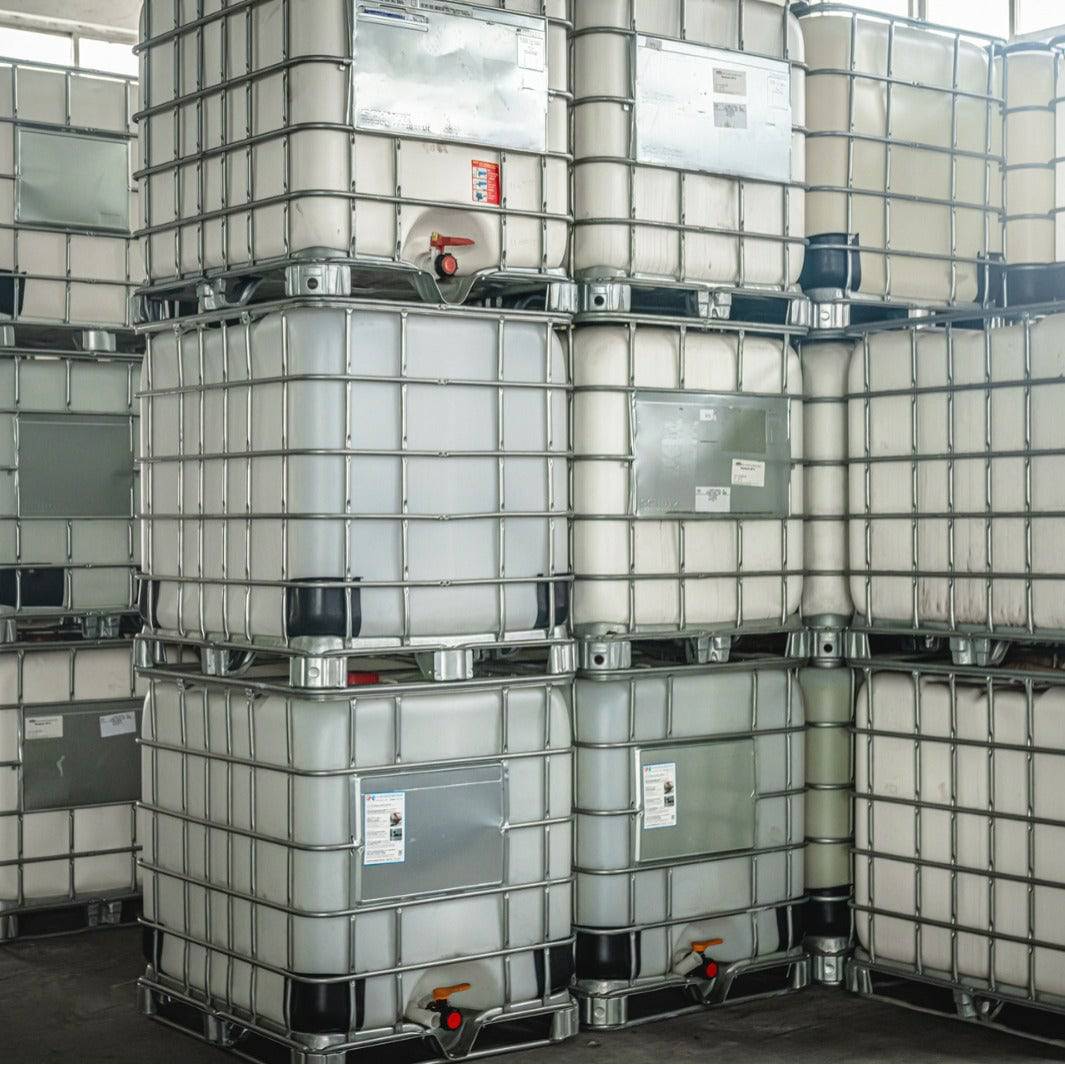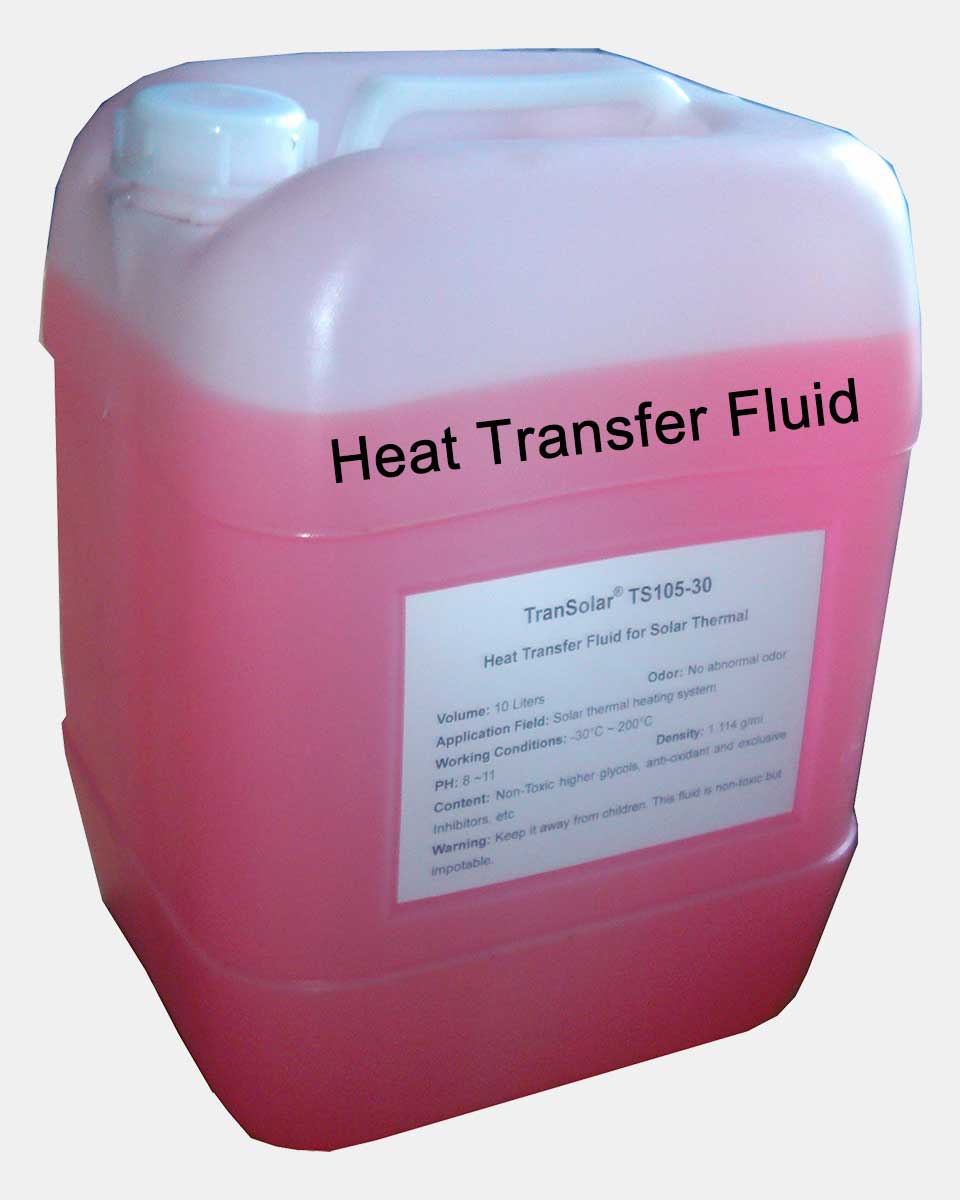The Importance of Thermal Oil in High-Temperature Systems
The Importance of Thermal Oil in High-Temperature Systems
Blog Article
Why Selecting the Right Heat Transfer Fluid Is Vital for Optimal System Efficiency
Choosing a suitable warm transfer fluid is a pivotal decision that can substantially influence system performance and functional prices. As the ramifications of this choice extend much beyond prompt efficiency, comprehending the subtleties of liquid selection comes to be crucial for any person looking to accomplish optimum system effectiveness.
Relevance of Heat Transfer Fluids
What role do warm transfer fluids play in industrial processes? Warm transfer fluids are vital for the reliable transfer of thermal energy within different commercial systems. They promote the movement of heat from one place to one more, ensuring that processes operate within ideal temperature level arrays. Their key feature is to absorb warmth from a resource, such as a furnace or reactor, and supply it to an end individual, like a heat exchanger or distillation column.
The option of heat transfer liquid can significantly affect energy devices, safety, and efficiency longevity. Liquids have to can holding up against heats and stress without breaking down, in addition to exhibit minimal volatility and reduced poisoning. Their performance straight influences not only the productivity of the system yet additionally its operational costs.
In addition, warmth transfer fluids play a crucial role in keeping process control, ensuring that temperature fluctuations are minimized. This is specifically essential in sensitive applications such as drugs and petrochemicals, where specific temperature level management is critical. Generally, the significance of picking the best heat transfer liquid can not be overstated, as it is important to optimizing commercial processes and improving overall system efficiency.
Key Feature to Think About
When picking a warm transfer liquid, which key residential or commercial properties should be focused on to ensure ideal efficiency? Thermal conductivity is vital; a liquid with high thermal conductivity will efficiently transfer warm, minimizing energy loss. Furthermore, the details heat capability of the liquid is vital, as it figures out just how much power the fluid can keep and launch, impacting overall system responsiveness.
Thickness is an additional substantial home to take into consideration, as it affects the fluid's flow qualities; lower viscosity liquids are usually preferred for easier circulation and minimized pumping power. The liquid's temperature level array is just as vital; it must perform effectively within the operational temperatures of the system without deteriorating or vaporizing.
Think about the ecological impact and safety account of the fluid, as laws and sustainability goals significantly influence liquid choice. By focusing on these essential properties, one can choose a heat transfer liquid that boosts system durability and integrity.

Influence On System Efficiency
The option of heat transfer liquid directly influences system effectiveness, influencing both power intake and operational performance. A liquid's thermal conductivity, viscosity, and warm capability play crucial roles in just how successfully it moves warm within a system. Ideal fluid residential properties make certain that heat is soaked up and distributed successfully, reducing energy losses and improving the total efficiency of the system.

Furthermore, the compatibility of the click here for more liquid with system products can considerably impact efficiency. A liquid that causes rust or destruction can bring about leaks and system failures, even more lessening efficiency. In summary, the best warmth transfer liquid not only optimizes power efficiency and decreases expenses however additionally boosts the reliability and durability of the system, making it an essential factor to consider for designers and decision-makers in thermal management applications.
Common Types of Heat Transfer Fluids
A variety of heat transfer fluids are commonly employed in thermal management systems, each with distinct homes fit to particular applications. Water is among the most widely used heat transfer fluids as a result of its high details warmth ability, affordable, and accessibility. Its freezing factor restricts its use in low-temperature applications.
Thermal oils, typically obtained from petroleum, are an additional preferred option, especially in high-temperature systems. These fluids can run at raised temperatures without vaporizing, making them ideal for commercial applications. They may have constraints concerning thermal stability.
Refrigerants, made use of mostly in cooling systems, have one-of-a-kind thermodynamic buildings that enable effective warmth transfer at reduced temperatures. Their option is vital to guarantee efficiency and conformity with environmental laws.

In enhancement, phase change materials (PCMs) are acquiring grip for their capability to soak up and launch substantial quantities of warmth throughout phase transitions, providing a special option for thermal power storage space. Each liquid's certain features have to be evaluated for optimal performance.
Best Practices for Selection
Selecting the appropriate heat transfer fluid involves careful consideration of a number of key aspects that line up with the details requirements of the application. Assess the functional temperature level range. The fluid must maintain its homes and effectiveness across the desired temperature level spectrum. Second, consider the liquid's thermal conductivity, which influences warm transfer prices; higher thermal conductivity generally brings about boosted performance.
Additionally, review the fluid's thickness, as it influences pumping power and general system performance. Lower thickness fluids typically lower energy intake during blood circulation. Compatibility with system materials is an additional crucial facet; guarantee that the liquid does not cause deterioration or degradation of pipelines and components.
Next, take into consideration the fluid's stability and long life, particularly in high-temperature applications. A steady liquid reduces upkeep and replacement expenses. Last but not least, environmental and security laws ought to assist your option process, highlighting safe and eco-friendly choices when feasible.
Conclusion
In final thought, picking the ideal heat transfer fluid is vital for attaining optimum system performance. The right fluid enhances thermal conductivity, decreases energy view publisher site losses, and promotes devices durability, inevitably bring about better system integrity and efficiency. Recognizing the key homes and effects of different fluids on system efficiency is important for notified decision-making. Abiding by best practices in fluid selection can cause substantial lasting price financial savings and functional efficiency.
Heat transfer liquids are crucial for the effective transfer of thermal energy within various commercial systems. Furthermore, the particular warmth ability of the fluid is vital, as it establishes exactly how much energy the liquid can keep and release, influencing general system responsiveness.
Consider the ecological effect and safety account of the fluid, as laws and sustainability goals increasingly affect fluid selection - thermal oil. A liquid's thermal conductivity, viscosity, and warmth capacity play crucial functions in just how efficiently it moves heat within a system. Water is one of the most extensively used warmth transfer fluids due to why not find out more its high certain heat capability, low expense, and schedule
Report this page